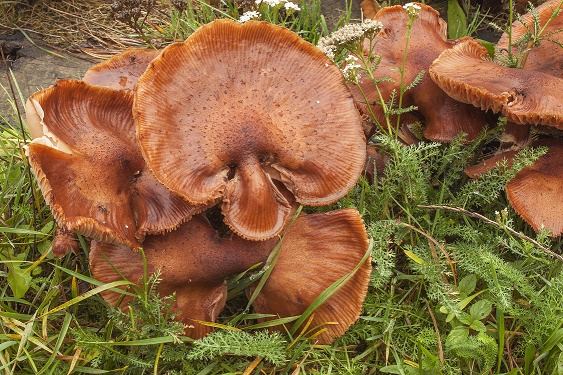Flavour is how we perceive food as it is a combination of taste, smell and touch.Everything we smell or taste is a response to chemicals that are naturally present in all foods. However not all flavourings in food are natural and some can be derived from chemicals and so they have been standardised in the FSSAI regulations to ensure food safety. Even if natural, food flavourings are used only in small amounts and are not intended to be consumed separately.
Food Acts of various developed nations have described two types of flavouring, natural and synthetic where as in India FSSAI has classified flavours into three categories.

First is natural flavouring substances which are extracted from plants, herbs and spices, animals, or microbial fermentations. Essential oils, herbs, spices and sweet and sour foods are also used as natural flavourings. Natural flavourings can be either used in their natural form or processed formfor human consumption (oil extracts). For the sake of food safety, nature-identical or artificial flavouring substances cannot be used along with natural flavourings in foods.
Secondly we have artificial flavouring agents and these are chemically similar to natural flavourings but may not be an exact copy of natural flavourings. They imitate the natural flavours but come from substances that might not be edible but are processed to create chemical flavourings like a my l acetate used as banana flavouring and ethyl butyrate for pineapple.There are hundreds of permitted chemical flavourings and the FSSAI has to approve all flavourings used as ingredient in processed foods. There are also a number of chemicals the FSSAI has not permitted for use in foods because of food safety concerns. Since the past few months flavour enhancer, monosodium glutamate has been in the FSSAI news but the regulations have clear standards about how it can be used and in which product it is not permitted at all.
The third type is nature-identical flavouring agents obtained by synthesis or are isolated through chemical processes. The chemical make-up of nature- identical flavourings is exactly like their natural counterparts. These flavouring agents cannot contain any artificial flavouring substances.
In the food processing industry flavourings play an important role and so FSSAI has regulations for them. They are used to create flavours for food products that do not have desired flavours such as candies, ice-creams and other snacks. Flavourings in processed foods come mostly from artificial flavouring like artificial strawberry. Most vanilla flavouring comes from synthetic version of vanillin as the natural version derived from an orchid native to Mexico is very expensive. Artificial grape-flavour comes from a chemical in concord (purple) grapes – not the red or green grapes we’re used to eating.
Artificial flavours are also used to add extra taste to processed foods that have lost their natural flavour with proceeding, like artificial lemon, butter or berry flavours. Artificial flavours are preferred in food industry as they cost less.From the viewpoint of food safety, artificial flavourings are considered safer because they are thoroughly tested before they are permitted for use.
Food Business Operators are responsible for using food additives like flavouring agents in food. They must ensure that they buy the food additives from the licensed & reputed ingredient suppliers. Also, FBOs need to strictly adhere the regulations to ensure that only permitted flavouring agents should be used in the specified foods and in the recommended quantities.
